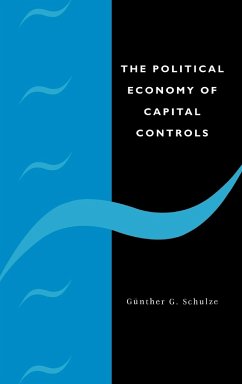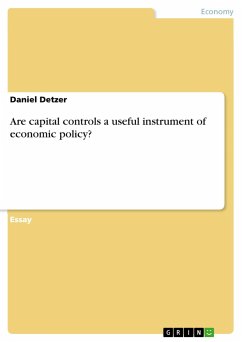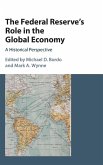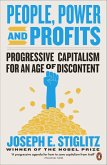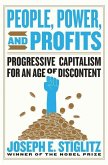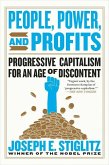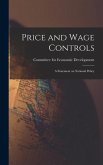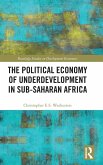Although globalisation is seen by many as the key economic trend of recent times, restrictions on international capital movements remain the norm in international finance. In 1996 144 out of 186 countries maintained capital controls (IMF). Yet the vast majority of economists object to most controls on capital movement, arguing that they distort the allocation of capital and allow opportunities for fraud. What leads governments to impose restrictions on international capital movements? In this, the first study of capital controls, Gunther Schulze uses a public choice model to explain this behaviour. He considers the many aspects of capital controls, including: quantitative measurements of capital controls, evasion, mis-invoicing, the interaction between an investigating government and an evader, and the role capital controls play in helping governments meet their macroeconomic objectives. In addition to the theoretical and policy discussions the book also contains a comprehensive survey of the existing literature.
Table of contents:
1. Introduction: Part I. The Reasons for Capital Controls: 2. Political-economic determinants of capital controls; 3. Capital controls in a small open economy; 4. Extensions: large open economy and unemployment; Part II. The Evasion of Capital Controls: 5. Ways and means to escape the restrictions; 6. Misinvoicing international trade: imports; 7. Misinvoicing international trade: exports; Part III. Empirical Measurement of the Effectiveness of Capital Controls: 8. The effects of capital controls-unexploited profit opportunities; 9. Return differentials; 10. The correlation of saving and investment; 11. Finale.
Restrictions on international capital movements remain the norm in international finance. In 1996 144 out of 186 countries maintained capital controls (IMF). In this, the first comprehensive study of capital controls, Gunther Schulze assesses the existing literature and presents original research based on a public choice model.
The first comprehensive study of capital controls, assesses the existing literature and presents original research.
Hinweis: Dieser Artikel kann nur an eine deutsche Lieferadresse ausgeliefert werden.
Table of contents:
1. Introduction: Part I. The Reasons for Capital Controls: 2. Political-economic determinants of capital controls; 3. Capital controls in a small open economy; 4. Extensions: large open economy and unemployment; Part II. The Evasion of Capital Controls: 5. Ways and means to escape the restrictions; 6. Misinvoicing international trade: imports; 7. Misinvoicing international trade: exports; Part III. Empirical Measurement of the Effectiveness of Capital Controls: 8. The effects of capital controls-unexploited profit opportunities; 9. Return differentials; 10. The correlation of saving and investment; 11. Finale.
Restrictions on international capital movements remain the norm in international finance. In 1996 144 out of 186 countries maintained capital controls (IMF). In this, the first comprehensive study of capital controls, Gunther Schulze assesses the existing literature and presents original research based on a public choice model.
The first comprehensive study of capital controls, assesses the existing literature and presents original research.
Hinweis: Dieser Artikel kann nur an eine deutsche Lieferadresse ausgeliefert werden.
Review of the hardback: 'Gunther Schulze covers a wide range of theories on the motivations for capital controls and why they might fail. His eclectic work encompasses models of taxation drawn from real trade theory as well as from international money and finance. Always, the political-economic motivations of governments restricting capital flows, and the likely welfare consequences, get centre stage. A welcome consolidation and analytica elaboration of hitherto diffused writings in a most important area of international development.' Ronald McKinnon, Stanford University

